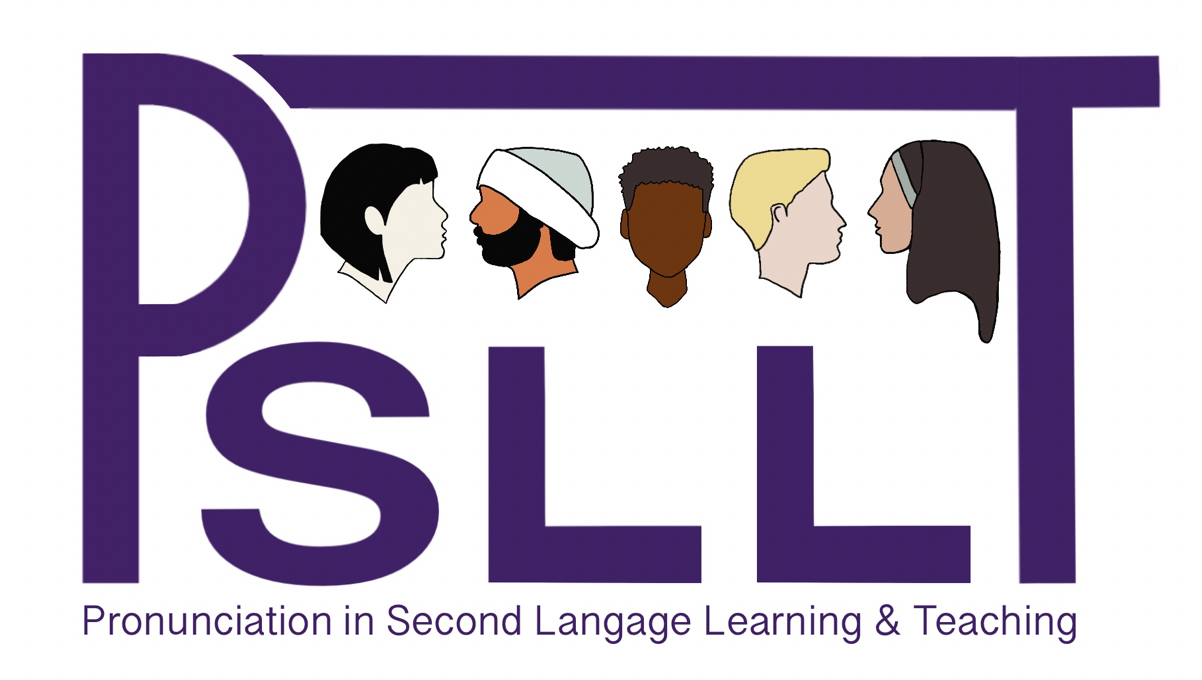Learner Differences in Strategy Use, Self-Efficacy Beliefs, and Pronunciation Improvement
- Veronica G. Sardegna (University of Texas)
Abstract
After taking an English pronunciation course that raised ESL students’ metacognitive awareness of effective pronunciation strategies for use in covert rehearsal (Dickerson, 1989), the students’ (N = 37) long-term progress with English stress and linking, and their strategy use was assessed through: a) a read- aloud test the students performed three times—at the beginning of instruction (T1), at the end of instruction (T2), and again somewhere between five months and 25 months after instruction ended (T3); b) self-report questionnaires the students completed at T3; and c) a pronunciation strategy inventory they also completed at T3. The learners were categorized into groups according to strategy use and practice time reported from T2 to T3, self-efficacy beliefs, and achievement over time. The groups were then classified based on their differences in patterns of development from T2 to T3. The findings suggest that individual learner characteristics are strong predictors of students’ progress over time.
How to Cite:
Sardegna, V. G., (2011) “Learner Differences in Strategy Use, Self-Efficacy Beliefs, and Pronunciation Improvement”, Pronunciation in Second Language Learning and Teaching Proceedings 3(1).
Downloads:
Download PDF
View PDF
